Flat Roof Roofers Near Me
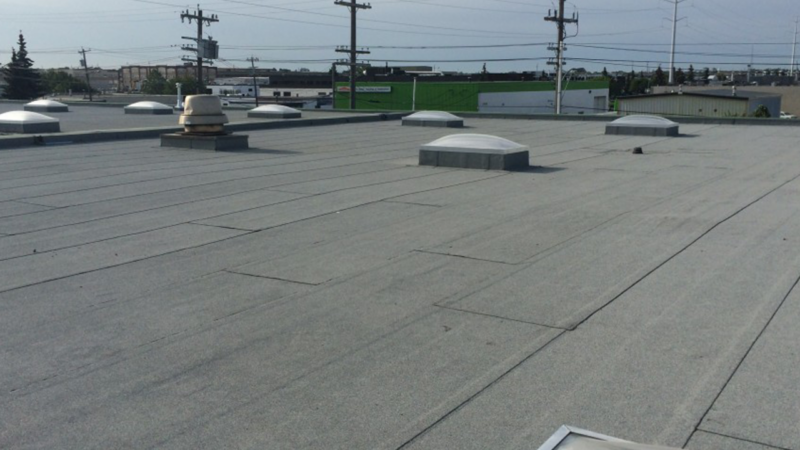
Flat roof roofers near me are crucial for maintaining the integrity and longevity of your home or business. Finding a reliable and experienced contractor is paramount, as flat roofs require specialized knowledge and techniques. This guide explores the process of selecting a qualified flat roofer, understanding the costs involved, and ensuring your roof’s long-term performance. We will delve into various aspects, from material selection and installation techniques to maintenance and warranty considerations, equipping you with the information needed to make informed decisions.
Understanding the nuances of flat roof construction, including the different materials available, their respective lifespans, and the associated installation processes, is vital. We’ll examine common issues and their solutions, offering practical advice on routine maintenance and identifying potential problems early. By understanding these factors, you can ensure your investment is protected and your roof remains a reliable shield against the elements for years to come.
Finding Reliable Flat Roof Contractors Near You
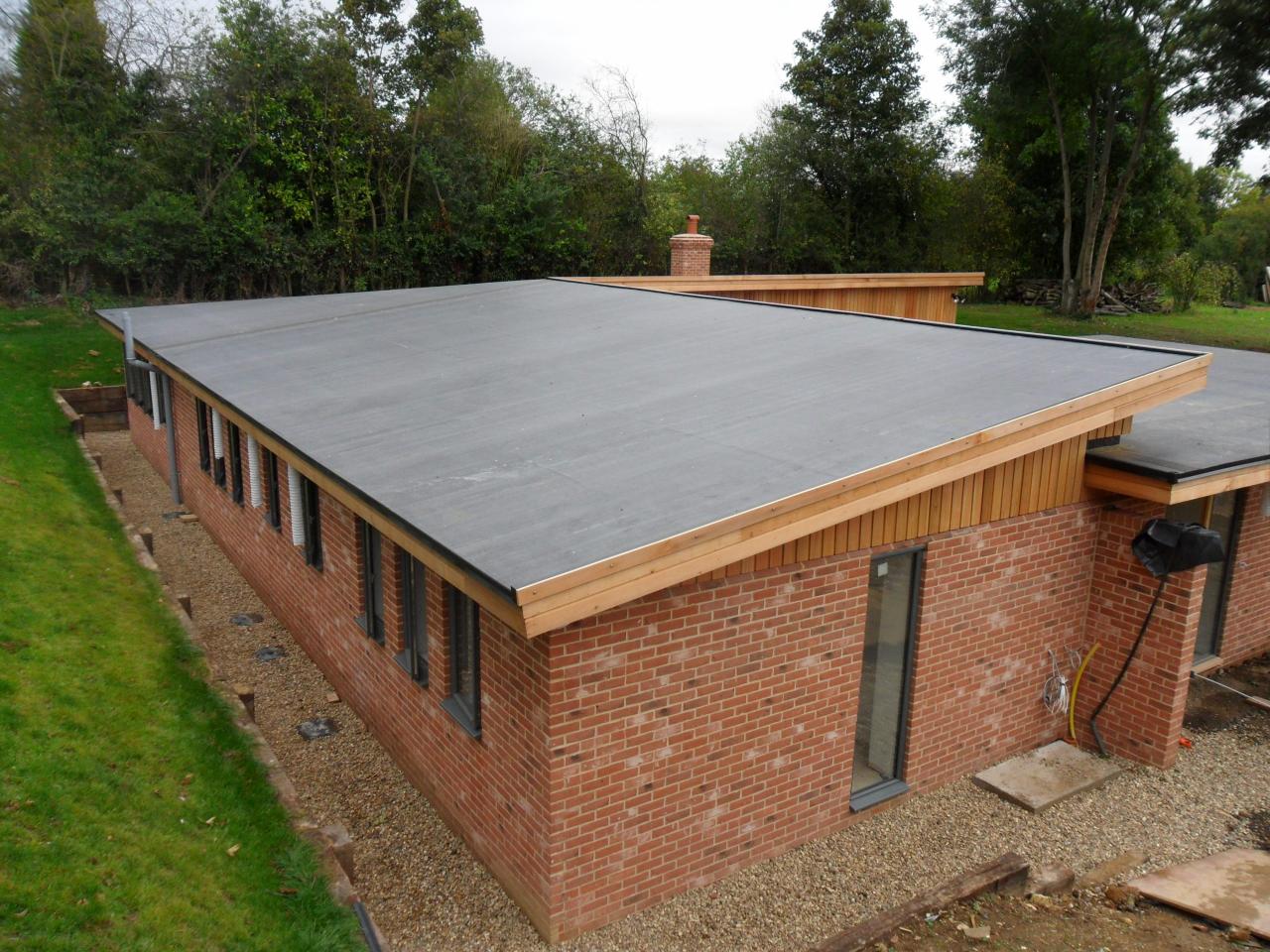
Source: co.uk
Finding a trustworthy and skilled flat roof contractor is crucial for ensuring the longevity and structural integrity of your building. This guide provides comprehensive information to help you navigate the process, from choosing the right contractor to understanding flat roof materials and maintenance.
Local Flat Roof Contractors
Selecting a local contractor offers advantages such as proximity for quicker response times and familiarity with local building codes and weather conditions. Below is a sample list of hypothetical local contractors. Remember to always verify licensing and insurance independently.
| Company Name | Phone Number | Address | Service Area |
|---|---|---|---|
| Acme Roofing Solutions | (555) 123-4567 | 123 Main Street, Anytown, CA 91234 | Anytown and surrounding areas |
| Best Flat Roofing | (555) 987-6543 | 456 Oak Avenue, Anytown, CA 91234 | Anytown, Oakville, and Springfield |
| Superior Roof Repair | (555) 555-5555 | 789 Pine Lane, Anytown, CA 91234 | Anytown County |
| Reliable Roofing Experts | (555) 111-2222 | 1011 Maple Drive, Anytown, CA 91234 | Anytown and neighboring counties |
| Apex Flat Roofing Contractors | (555) 333-4444 | 1213 Birch Street, Anytown, CA 91234 | Anytown metropolitan area |
Licensing and insurance requirements for flat roof contractors vary by location. Typically, contractors need a valid business license and general liability insurance, as well as workers’ compensation insurance if they employ others. Checking these credentials is essential before hiring.
Here are three hypothetical case studies illustrating successful flat roof projects:
- Acme Roofing Solutions successfully repaired a leaking flat roof on a commercial building using a TPO membrane, preventing further water damage and saving the client significant costs.
- Best Flat Roofing installed a new EPDM roof on a residential property, improving energy efficiency and extending the roof’s lifespan by several decades.
- Superior Roof Repair completed a complex flat roof replacement on a historical building, carefully preserving the building’s aesthetic integrity while ensuring long-term weather protection.
Flat Roof Materials and Techniques

Source: co.uk
Several materials are suitable for flat roofs, each with its advantages and disadvantages. The choice depends on factors such as budget, climate, and building type.
| Material | Advantages | Disadvantages | Typical Lifespan |
|---|---|---|---|
| TPO (Thermoplastic Polyolefin) | Durable, reflective, relatively inexpensive | Can be susceptible to punctures, requires proper seaming | 15-20 years |
| EPDM (Ethylene Propylene Diene Monomer) | Highly durable, flexible, easy to repair | Can be prone to UV degradation, may require more seams | 20-30 years |
| Modified Bitumen | Cost-effective, readily available | Less durable than TPO or EPDM, susceptible to cracking and degradation | 10-15 years |
The installation process for TPO roofing typically involves these steps:
- Preparation of the existing roof surface, including cleaning and repair of any damage.
- Installation of insulation board to improve energy efficiency and provide a smooth base.
- Laying down the TPO membrane, using heat welding or adhesive to create a seamless seal.
- Installation of flashings around penetrations (e.g., pipes, vents) to prevent leaks.
- Final inspection and cleanup.
Two common flat roof installation techniques are adhered and ballasted systems. Adhered systems are suitable for most climates and building types, offering a secure and seamless roof. Ballasted systems, which involve using ballast to secure the membrane, are often preferred in areas with high winds or where the roof needs to support additional weight.
Cost Estimation and Budgeting for Flat Roof Repairs/Installation
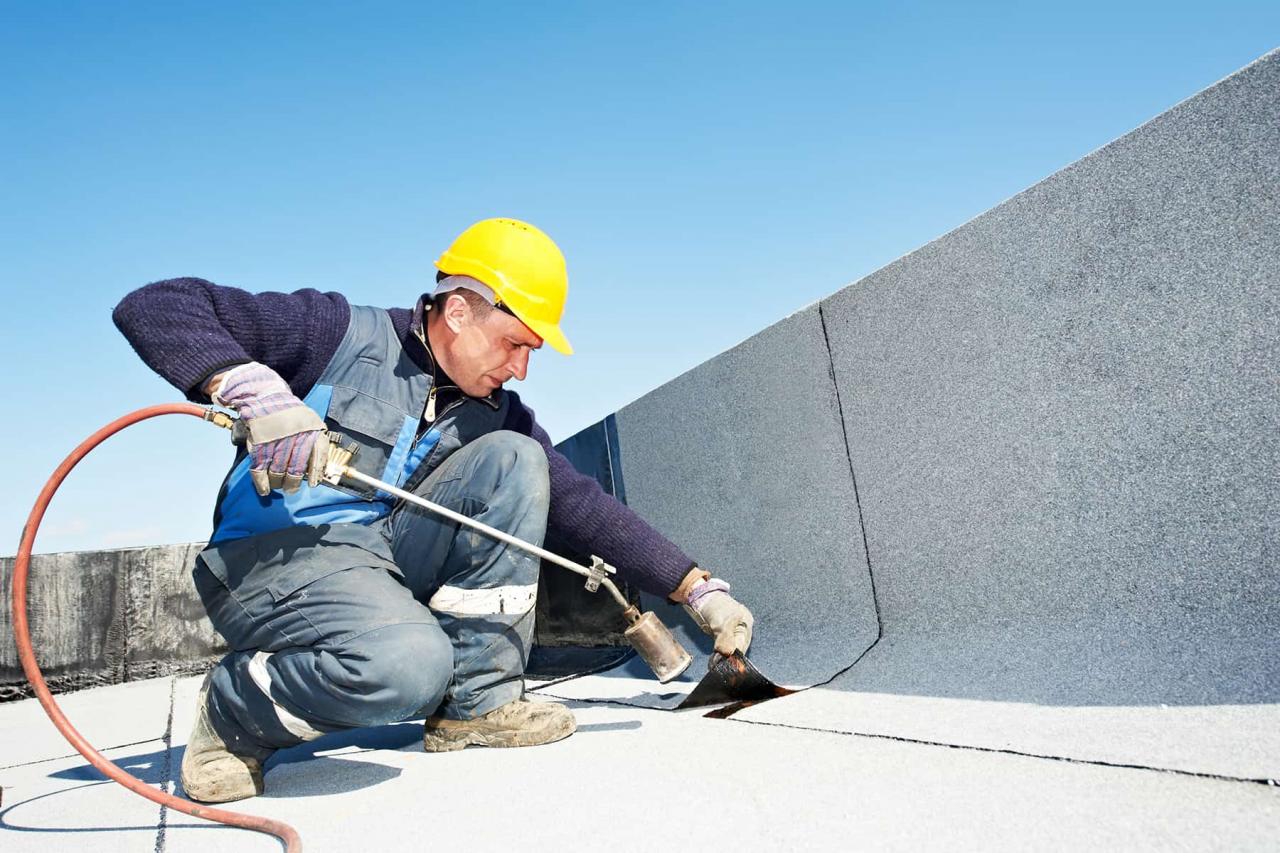
Source: nrc4help.com
Accurate budgeting is crucial for successful flat roof projects. The following is a sample budget breakdown for a hypothetical repair project:
| Item | Cost |
|---|---|
| Labor | $5,000 |
| Materials (TPO membrane, adhesives, flashings) | $3,000 |
| Permits | $500 |
| Total | $8,500 |
A simple cost estimator can be created using a formula: Total Cost = (Square Footage * Material Cost per Square Foot) + Labor Cost + Permit Costs. The data structure would include variables for square footage, material type (with corresponding cost per square foot), labor cost, and permit costs. Factors such as roof complexity, access difficulties, and material selection significantly influence the final cost.
- Roof size: Larger roofs require more materials and labor.
- Roof complexity: Unusual shapes or numerous penetrations increase labor costs.
- Material selection: Higher-quality materials are more expensive but often offer longer lifespans.
- Labor rates: Contractor rates vary based on experience and location.
Maintenance and Repair of Flat Roofs
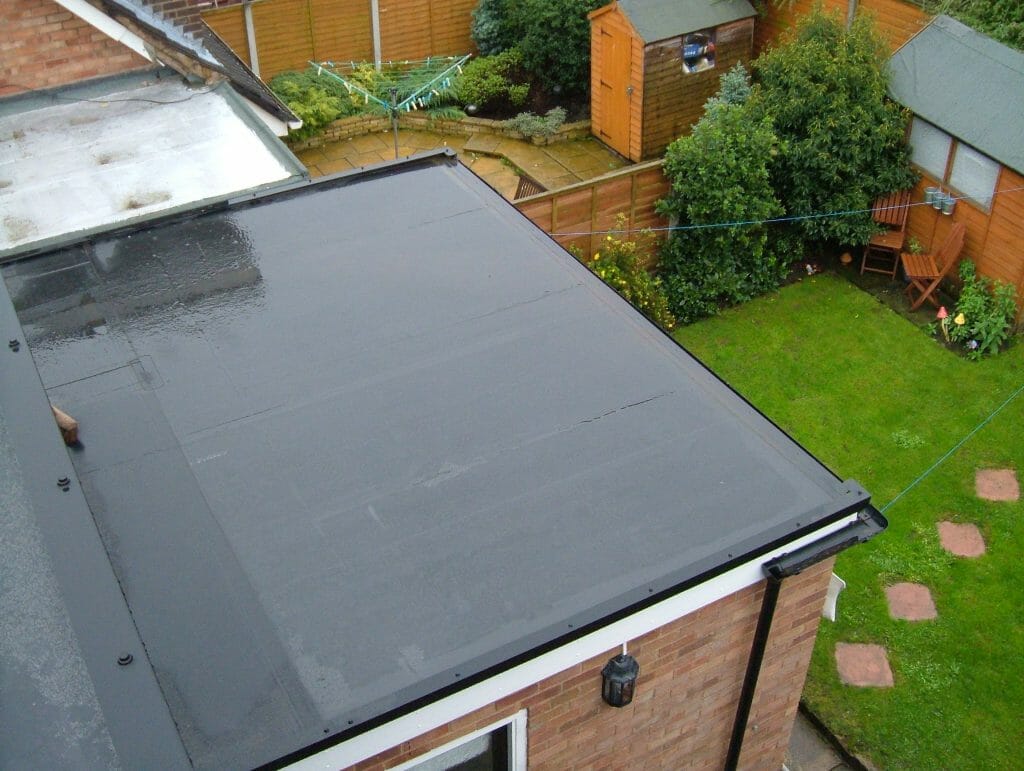
Source: modernize.com
Regular maintenance is key to extending the lifespan of a flat roof. A proactive approach can prevent costly repairs.
A routine maintenance checklist should include:
- Visual inspection for cracks, blisters, or punctures (at least twice a year).
- Checking for proper drainage and clearing debris from gutters and drains.
- Inspecting flashings around penetrations for leaks.
- Addressing any minor repairs promptly to prevent escalation.
Common flat roof problems and their repair procedures:
- Leaks: Repair by patching or replacing damaged sections of the membrane.
- Ponding water: Address drainage issues to prevent water accumulation.
- Cracks: Repair using appropriate sealants or patching materials.
- Blisters: Repair by cutting and resealing the affected area.
Proper inspection involves visual examination, checking for ponding water, and using tools such as a moisture meter to detect hidden leaks. Professional inspections are recommended periodically.
Choosing the Right Contractor, Flat roof roofers near me
Selecting the right contractor ensures a smooth and successful project. Before hiring, ask these questions:
- Licensing and insurance information.
- Experience with similar projects.
- Detailed project timeline and plan.
- References from past clients.
- Warranty information.
- Payment terms and methods.
Thoroughly check references and verify contractor credentials to avoid potential problems. Negotiate contracts carefully, ensuring a clear understanding of the scope of work and payment schedule.
Warranty and Guarantees
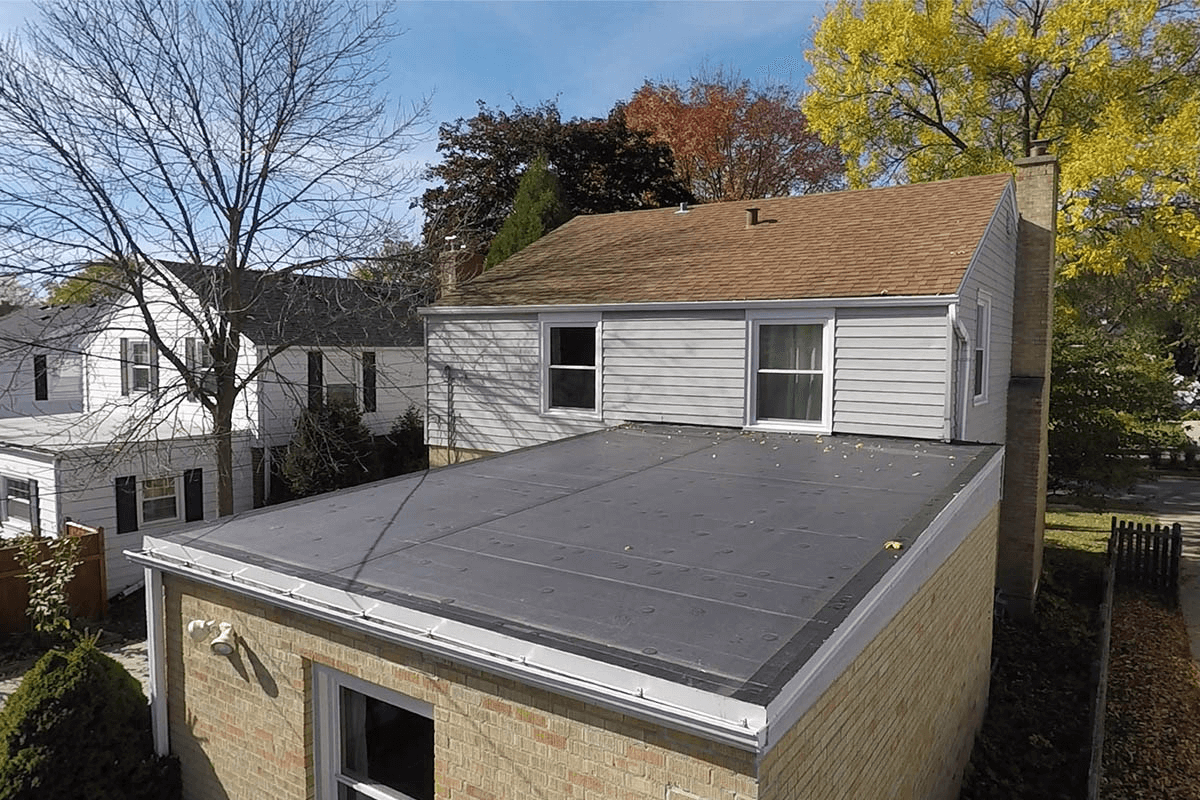
Source: legacyusa.com
Warranties protect against defects in materials and workmanship. Understand the terms and conditions carefully.
Typical warranty periods vary depending on the material and contractor. Look for warranties that cover both materials and labor. Compare different warranty types offered by contractors, paying close attention to exclusions and limitations.
Visual Guide to Flat Roof Components
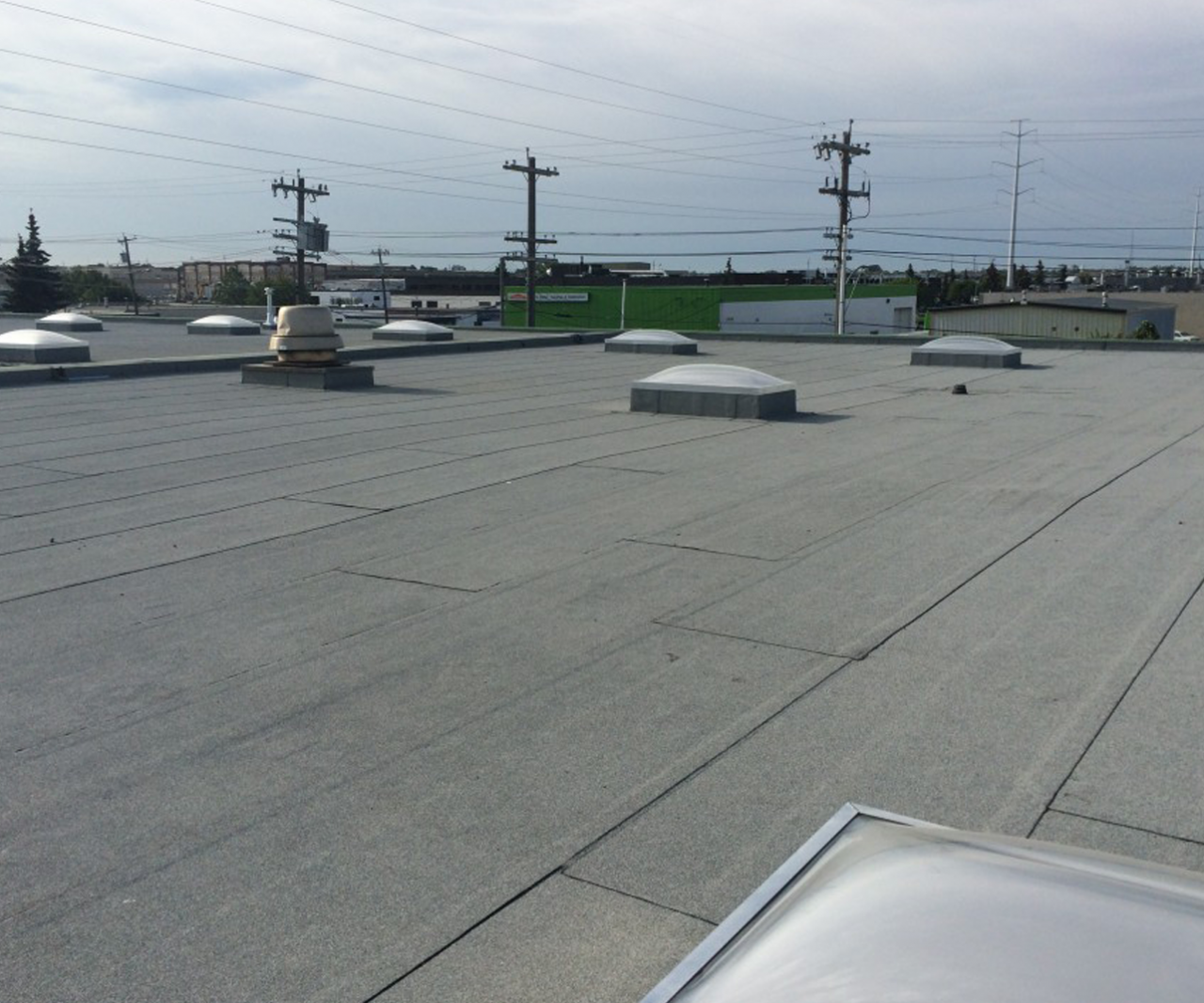
Source: journeybuildersinc.com
A flat roof system comprises several key components working together to protect the building. Understanding their function is important for effective maintenance and repair.
- Membrane: The waterproof barrier protects the building from the elements. Issues: Cracking, punctures, deterioration.
- Insulation: Provides thermal insulation and energy efficiency. Issues: Compression, moisture absorption, settling.
- Flashing: Seals around penetrations and prevents leaks. Issues: Corrosion, cracking, improper installation.
- Drainage System: Directs water away from the roof. Issues: Clogging, inadequate slope, damage to downspouts.
- Deck: The structural base of the roof. Issues: Rot, deterioration, structural damage.
A cross-section of a flat roof would show (from top to bottom) the membrane, insulation board, vapor barrier, and structural deck.
Problems with any component can negatively impact the overall performance of the roof, leading to leaks, energy loss, or structural damage.
User Queries: Flat Roof Roofers Near Me
What is the average lifespan of a flat roof?
The lifespan varies significantly depending on the materials used and the quality of installation and maintenance. However, you can generally expect a lifespan ranging from 15 to 30 years.
How often should I inspect my flat roof?
Regular inspections, at least twice a year (spring and fall), are recommended to identify potential problems early. More frequent checks might be necessary in harsh climates.
What are the signs of a leaking flat roof?
Signs include water stains on ceilings or walls, dampness around the edges of the roof, bubbling or blistering of the roofing membrane, and visible cracks or punctures.
Can I repair my flat roof myself?
Minor repairs, such as patching small holes, might be manageable for DIY enthusiasts with experience. However, for significant repairs or complete replacements, it’s best to hire a professional contractor.
What type of warranty should I expect from a flat roof contractor?
A reputable contractor should offer a comprehensive warranty covering both materials and workmanship. The specific duration and terms will vary, so carefully review the warranty agreement before signing any contract.
Comments are closed.